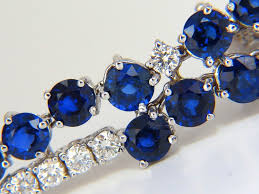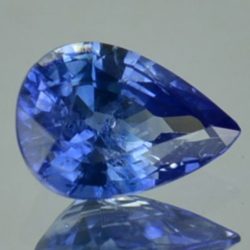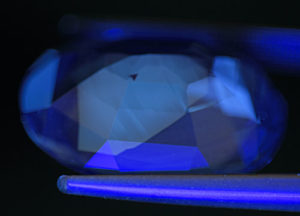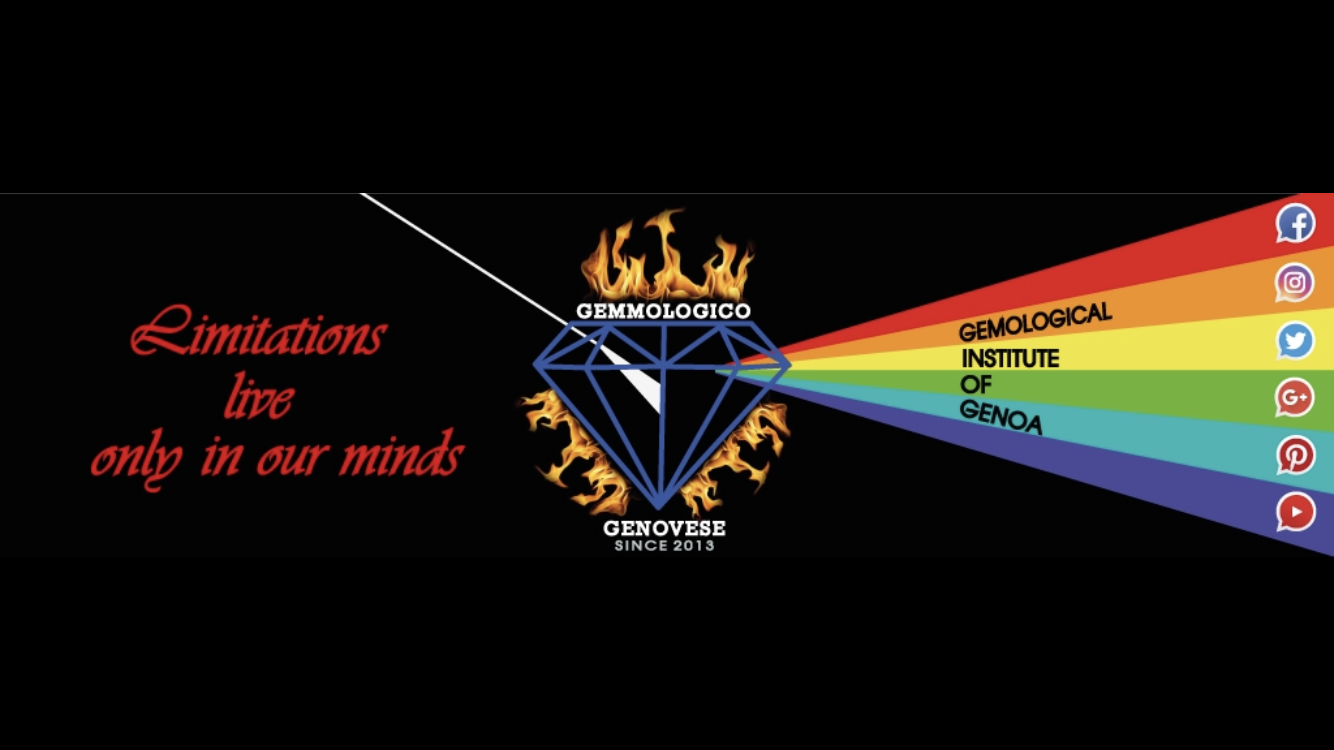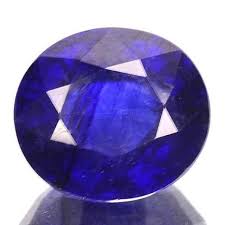
Sapphire Gem
All the Corundum Colors, but not Red..
Sapphire is a variety of the Corundum mineral, one of the hardest natural substances in the world.
Corundum measures 9 in the hardness scale of Mohs and is a fairly common mineral. Corundum often presents itself from opaque to semi-translucent and heavily included. Rarely has a quality such as to be considered Gemstone suitable to use for Jewelry purposes. Low quality Corundums are used for industrial purposes, especially for the creation of abrasives. But when Corundum displays all its beauty is one of the most coveted Gems of the Globe.
For many years only the blue Sapphire was considered “true Sapphire”. But nowadays, with the word Sapphire we mean all the Corundum colors, except red, which of course is called Ruby .
Sapphire Gem Inclusions and Optical Phenomena
A combination of Iron and Titanium gives the blue color to Sapphires. Some Sapphires can show Color Change or Color Swift, others sometimes show Asterism. Sapphire, although less hard than the Diamond, unlike the latter can boast the fact of not having Cleavage direction.
Corundum is a birefrangent mineral, so the Natural Sapphire exhibits birefringence. Corundum Birefringence values are very constant, around 1,762-1,770. Sapphire also shows dichroism. Usually his dichroism has two different shades of blue, but it is not infrequently the green to accompany the blue.
The spectrum of the Natural Sapphire is the typical spectrum of Gems colored by Iron. In fact, it has at least one band on the blue, sometimes along with other close absorption lines, always in the blue part of the spectrum.
Among the most characteristic inclusions exhibited by the Natural Sapphire we mention:
1) color zoning
2) inclusions of crystallized Rutile forming the needles (needles )
3) fingerprints
4) negative crystals
5) snowball inclusions, which occur if the Sapphire has undergone heavy heating.
Sapphire sources around the world
The very rare Kashmir Sapphires, with their velvety blue color wrote the history of Gemology and Jewelry.
At the step immediately below, in this special ranking, we find the Burma Sapphires, also very saturated color. But usually, Burma Sapphire’s color is darker than those shown on average by Kashmir Sapphires. Morever, Burma Sapphire do not have the typical velvety appearance of Kashmir.
A very important source of Sapphire Gem quality is “oddly enough” Sri Lanka. The Island of the Gems gives us light-colored Sapphires, but with an intense blue color. Not being this nation stingy about natural wonders, also gives to the world of Gemology and Jewelry the legendary Sapphire Padparadscha .
Australia, the Montana region in the United States, Cambodia and neighboring Thailand are other very important sources of Natural Sapphire. Around 1990, Madagascar became a very promising source of Sapphires, due to the discovery of the deposits at Ilakaka.
Kenya, Cina, Tanzania, Mozambico e Sud-Africa sono fonti minori di Zaffiri Naturali.
[col type=”full”]
[btn link=”https://www.youtube.com/channel/UCE4HxFFklFAykHkOJ2JXDAQ” color=”red” size=”size-l” target=”_blank”]Enroll Here For Free in the Youtube Gemology Course online[/btn]
Related Articles
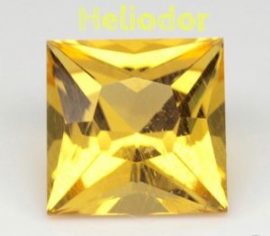
Heliodor and his Brothers.. Bixbite, Morganite..
Heliodor: Golden Beryl, Brother of Aquamarine and Goshenite When in nature, the Beryl appears yellow it is called Heliodor, when instead it shows a enough green it is called Emerald.…
